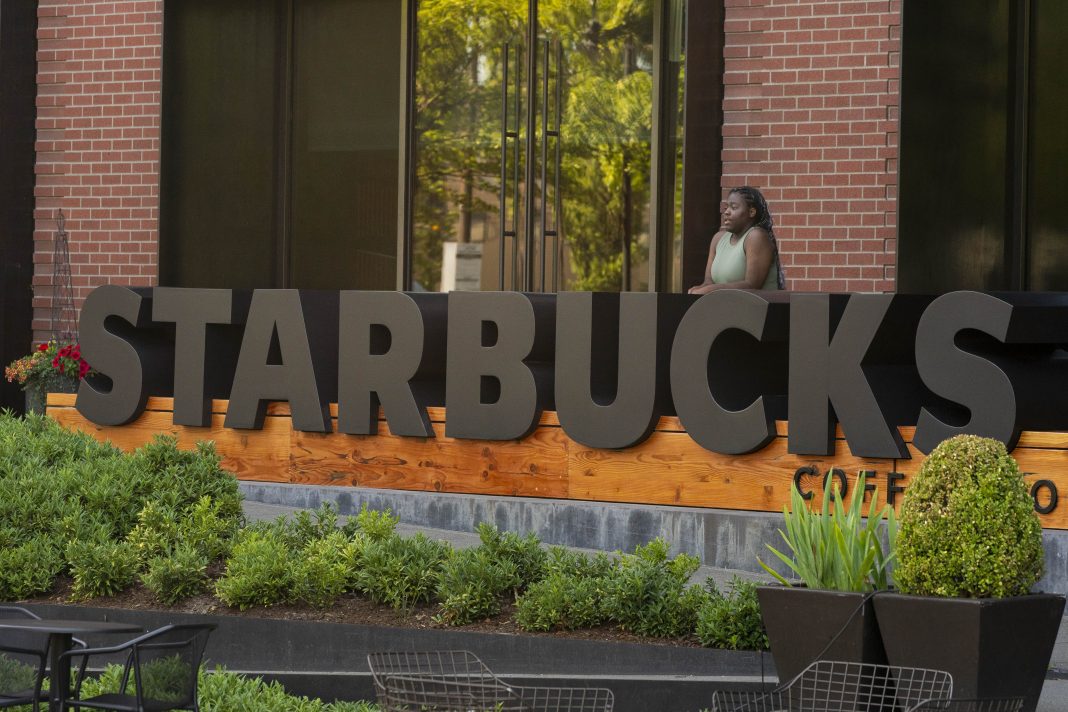In the bustling world of food supply chains, the impacts of labor strikes can reverberate far beyond the picket lines. Currently, dockworkers striking at U.S. East Coast and Gulf Coast ports are causing significant disruptions that extend to a variety of imports crucial for restaurants and retailers. Among the most affected is the beef supply, increasingly vital for a nation that loves its hamburgers— a culinary staple that binds the American dining experience.
As the strike continues, reports indicate that more than 50 container ships have been left anchored or adrift off the coasts, a stark increase from just three ships prior to the labor action. This backlog has severe implications; it not only halts the offloading of essential goods like Guatemalan bananas and Italian wine, but it also disrupts the import of seafood and the export of chicken from the U.S. Such interruptions can have a cascading effect on the broader food supply chain, leading to potential shortages and price inflation, as outlined by experts in supply chain management.
“The situation is a nightmare from a supply chain standpoint,” remarked Jason Miller, the interim chair of Michigan State University’s Department of Supply Chain Management. His insights highlight the precariousness of the current food system, which is particularly vulnerable to sudden disruptions. The striking workers’ actions could lead to severe ramifications if they extend beyond a week, especially for an industry already grappling with tight domestic supplies.
In recent months, the U.S. beef industry has faced its own challenges, primarily stemming from adverse weather conditions and high grain prices that have driven ranchers to decrease their cattle herds to the lowest levels in decades. According to data from the U.S. Department of Agriculture, beef imports surged by 72 percent from Australia through July of this year, as suppliers scrambled to fill the gap left by dwindling domestic supplies. This increase in imports is indicative of the industry’s reliance on foreign beef to stabilize prices and meet consumer demand.
In preparation for the strike, some suppliers proactively ramped up their imports of frozen lean beef, a strategic move aimed at mitigating the immediate impact on their operations. Dan Sorbello, who oversees beef imports at the Ports of Philadelphia and Houston, expedited the unloading of containers, hoping to secure his stock before the strike escalated. “We’ve got ourselves maybe a week’s worth of lifeline,” Sorbello noted, emphasizing the precarious nature of the current situation.
The seafood sector is not exempt from turmoil either. PanaPesca USA LLC, a key player in seafood imports and exports, has also taken measures to stockpile squid and shellfish to satisfy customer demand. However, some of their products remain stranded on ships, exacerbating the uncertainty surrounding supply chains during this strike.
As the strike continues, fast food chains may also feel the pinch. Bob Chudy, a consultant for beef importers, warned that prolonged disruptions could force these companies to abandon their reliance on cheaper imported meats, ultimately leading to increased costs for consumers. Recent data revealed that retail prices for ground beef hit a record high of $5.58 per pound in August, a staggering figure that could rise further if the situation persists.
For the poultry industry, the timing couldn’t be worse. With domestic demand for chicken waning as colder weather approaches and meal preferences shift towards heartier dishes, the strike is particularly ill-timed. Matt Busardo, a team lead at the commodity information firm Expana, noted that the U.S. chicken sector relies heavily on ports like Savannah to export products to countries such as Angola and Cuba. The disruption in shipping could hinder these vital exports, compounding the challenges faced by an already fragile market.
Overall, the ongoing labor strike serves as a stark reminder of the delicate balance within our food supply systems. As port workers advocate for their rights, the resulting impacts on food availability and prices illustrate the interconnectedness of labor, commerce, and consumer access. If the striking workers’ demands are not met promptly, the implications could extend beyond the docks, affecting the dinner tables of countless Americans and the very fabric of the nation’s dining culture.

